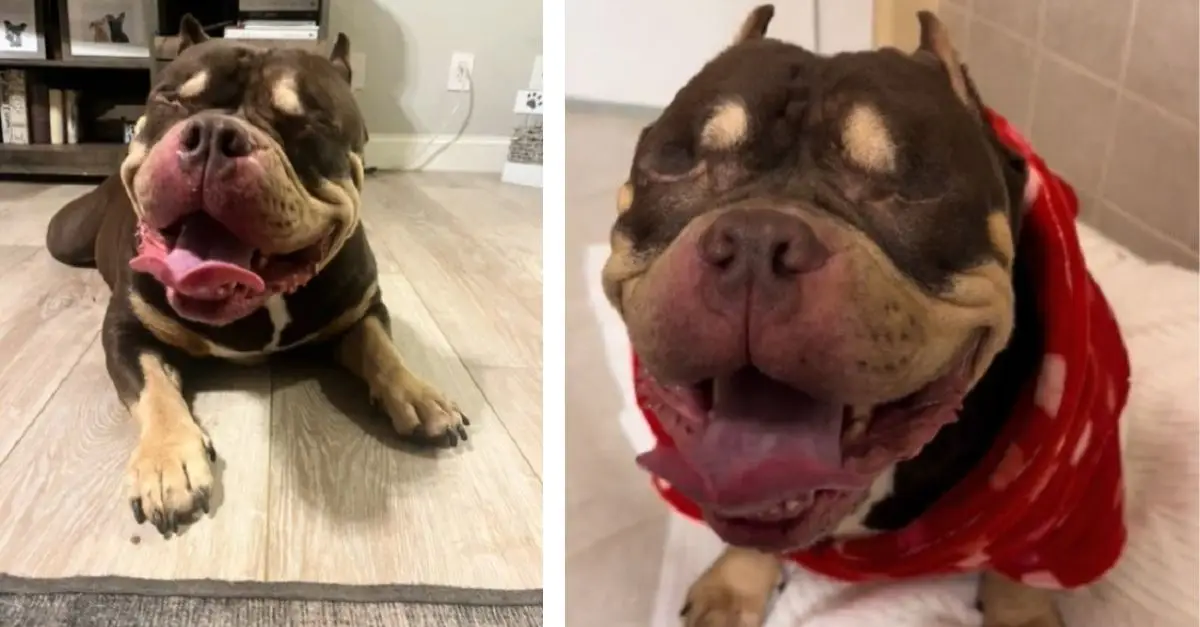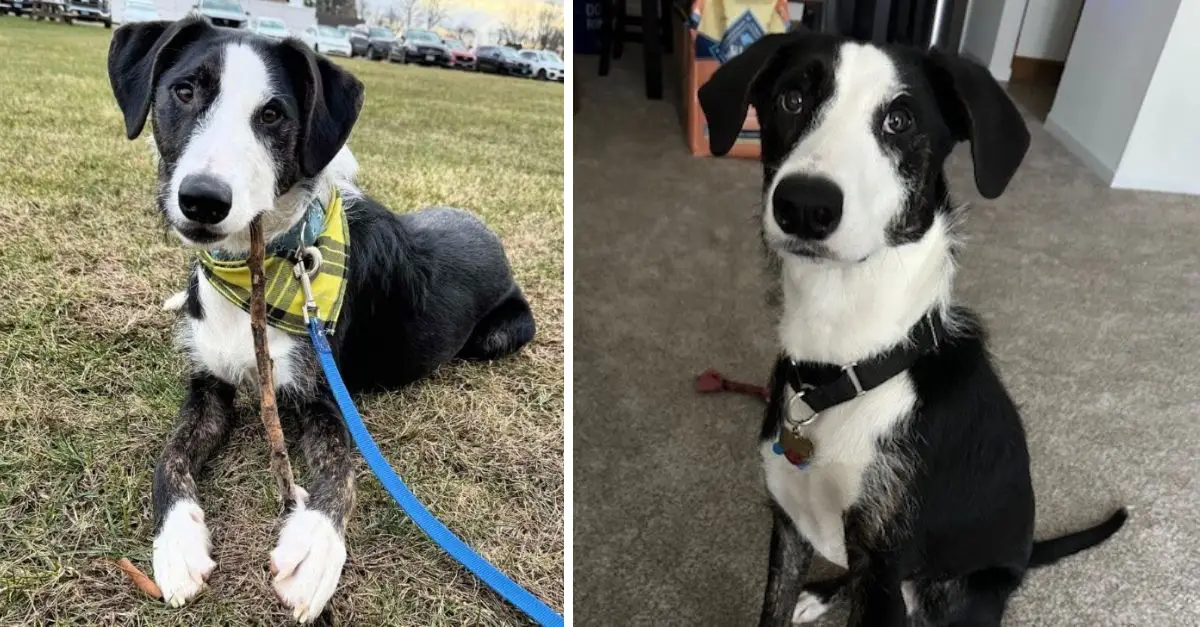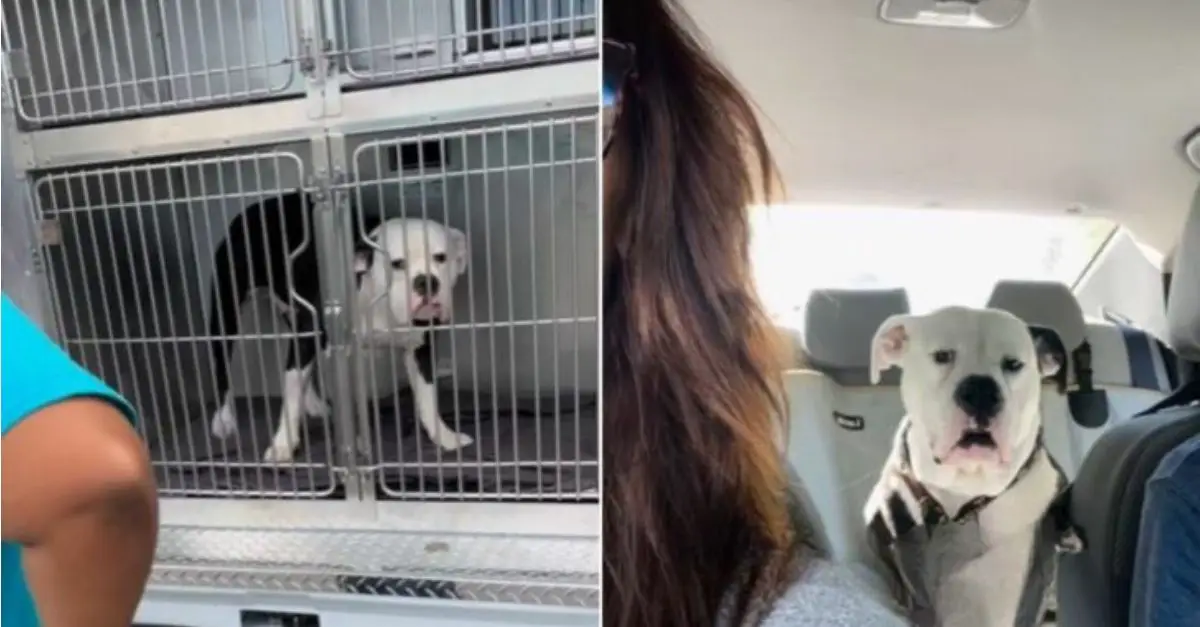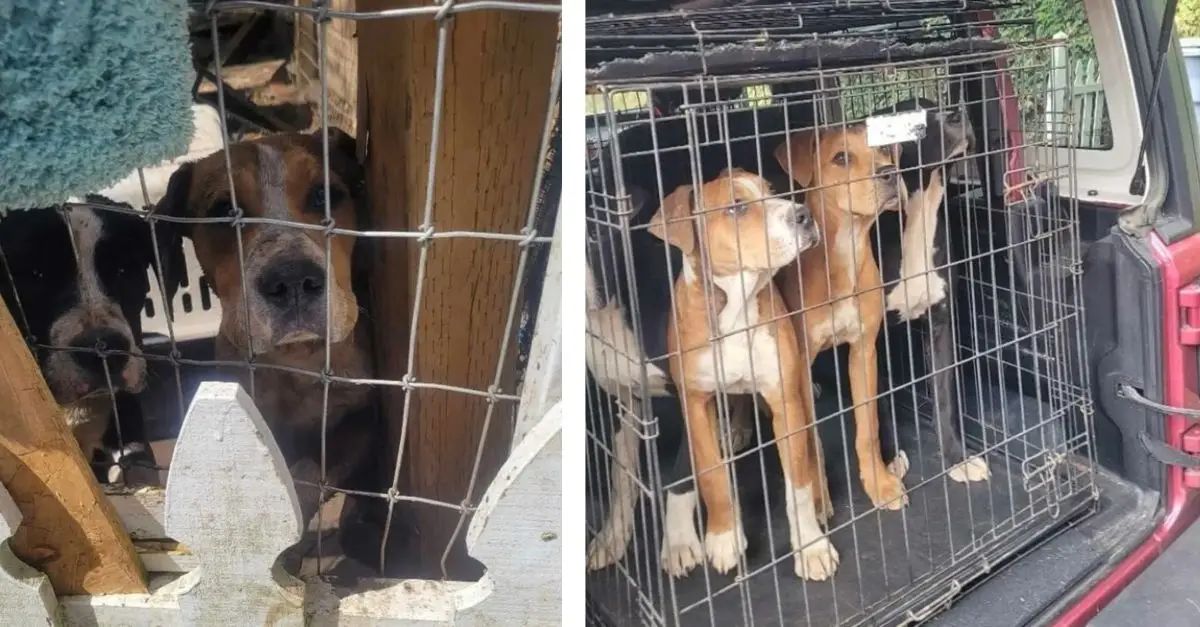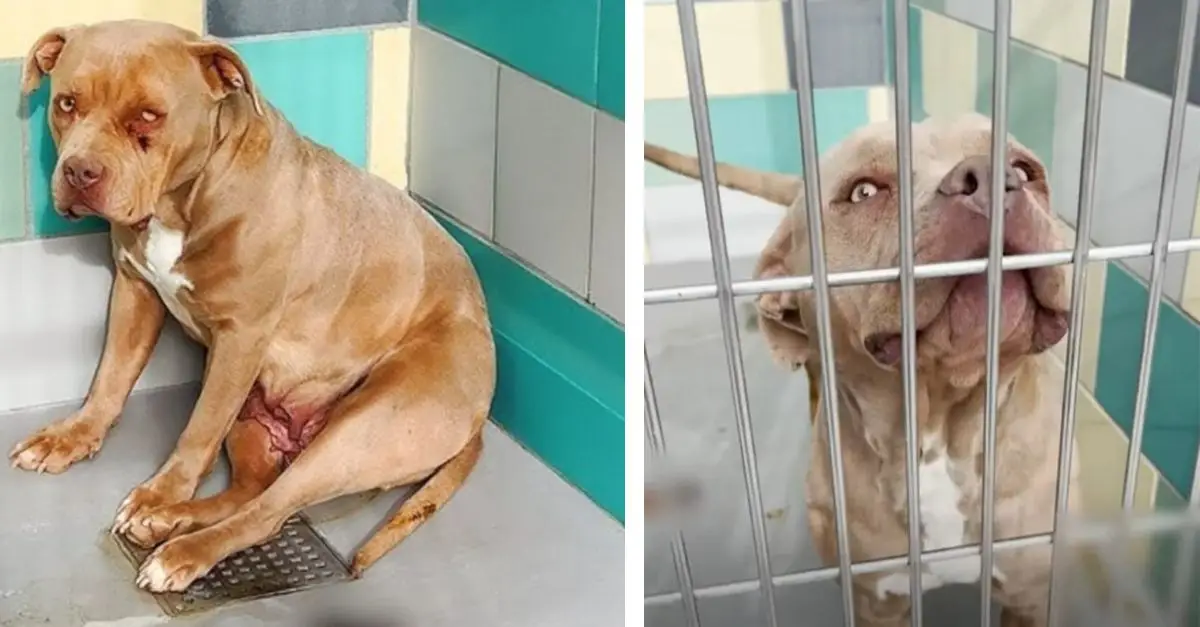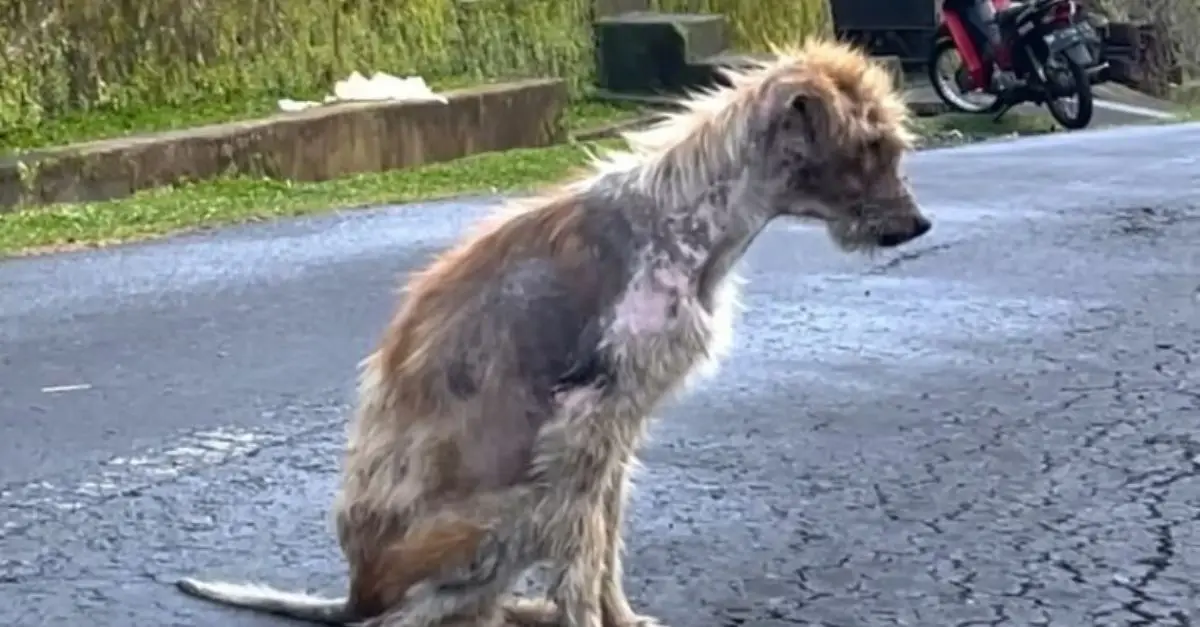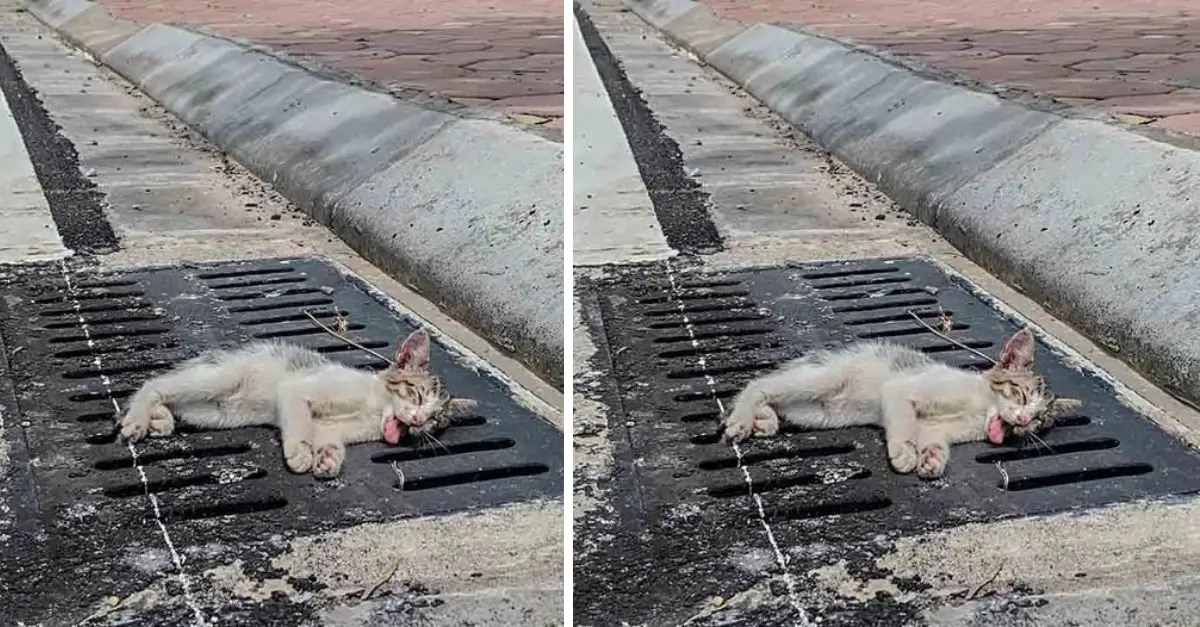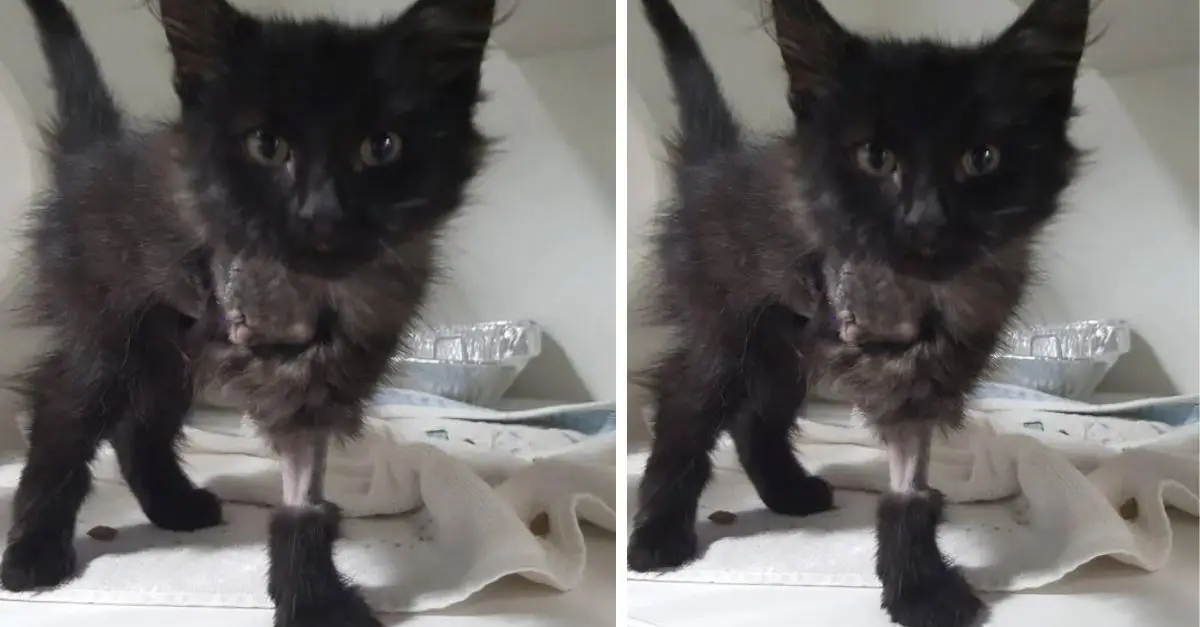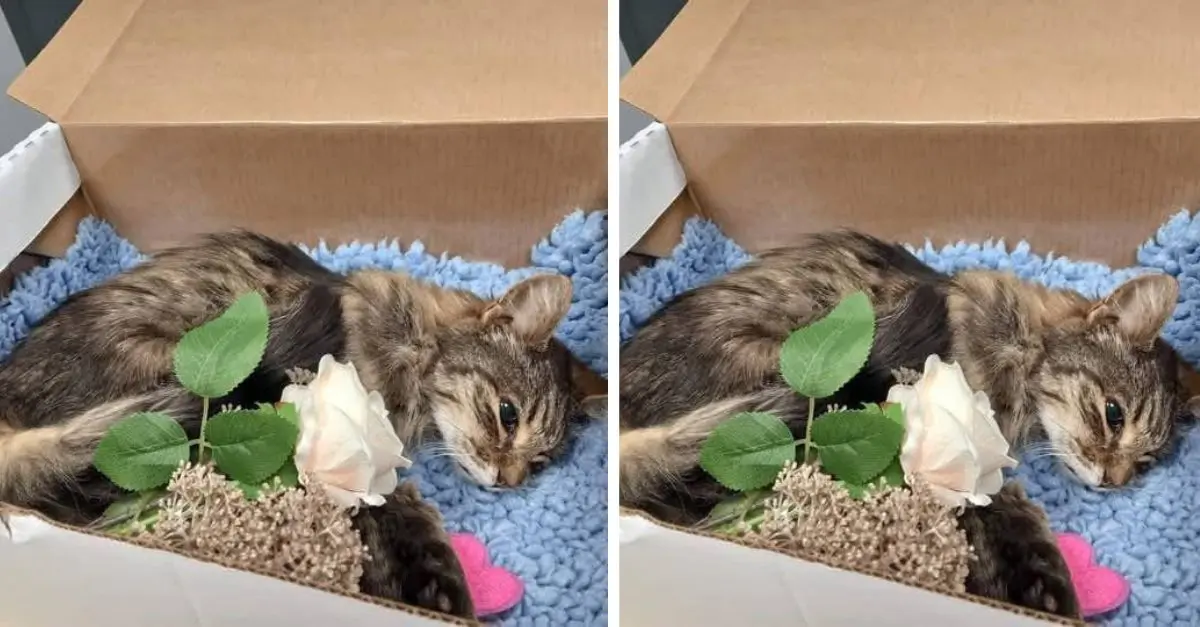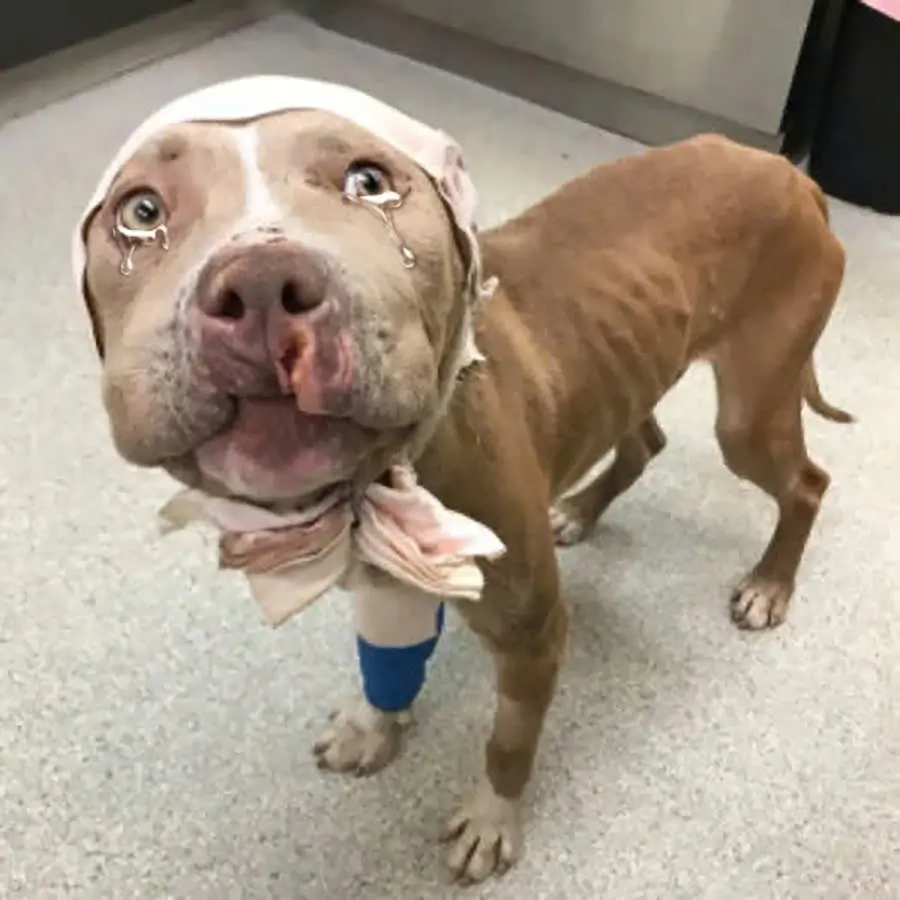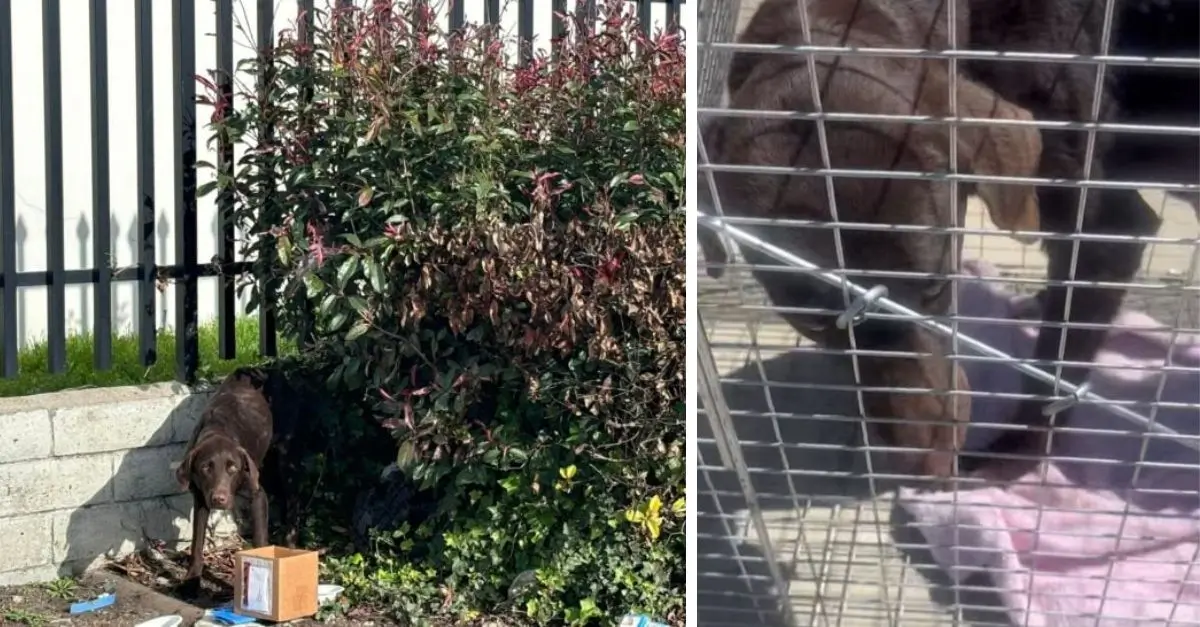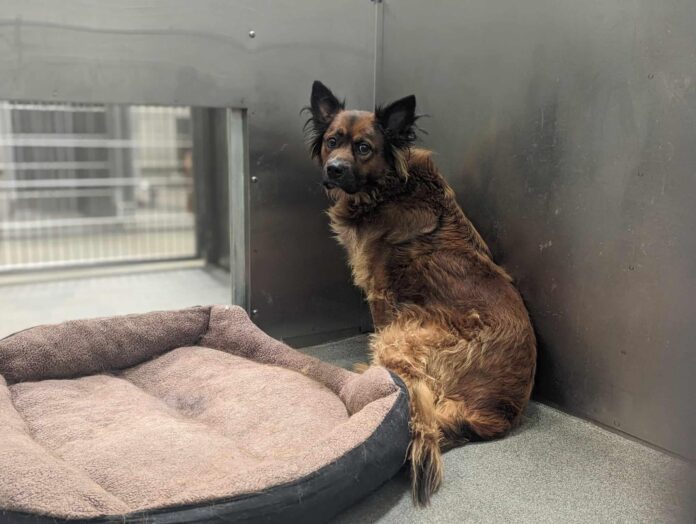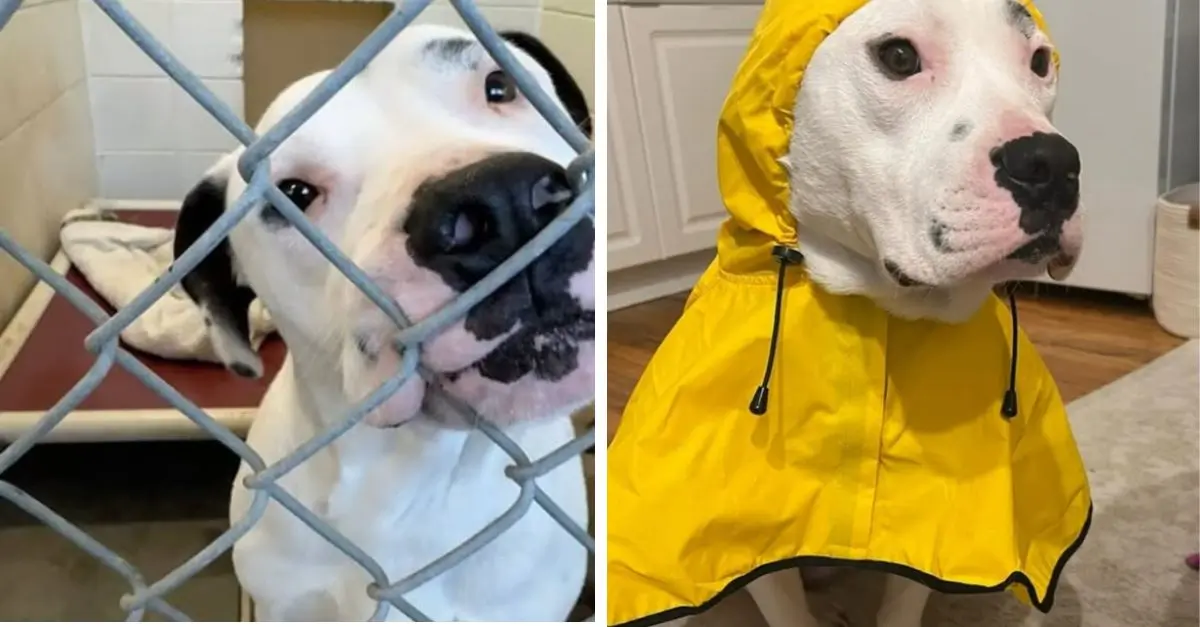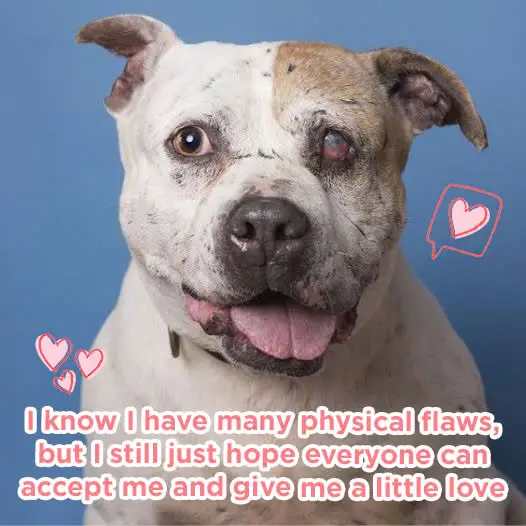
Zin’s world was a symphony of sounds and scents. He couldn’t see the vibrant colors of the flowers blooming in the park or the changing hues of the sky at sunset. His world was one of rustling leaves beneath his paws, the rumble of passing cars, the comforting scent of freshly baked bread wafting from the nearby bakery. He had been blind since birth, a fact he’d never considered a disadvantage, until he started noticing the subtle shifts in the human world around him.
He navigated his surroundings with remarkable confidence, his nose twitching, gathering information from the air, his ears perked, listening to the symphony of the city. He knew the layout of his small world by heart: the rough bark of the oak tree in the park, the smooth concrete of the sidewalk, the soft grass of the nearby field. He also knew the subtle changes in the cadence of footsteps approaching, the different scents that clung to people’s clothing.
He’d often sit quietly beneath the oak tree, his head tilted slightly, as if listening to the secrets the wind whispered through the leaves. He’d hear the happy barks of other dogs, the excited chatter of children, the gentle voices of owners calling their pets. He longed to join in the fun, to feel the joy of running and playing, but his blindness made it difficult.
He couldn’t see the ball being thrown, the other dogs chasing each other, the smiling faces of the people around him. But he could feel the warmth of the sun, the gentle breeze on his fur, and the vibrations of footsteps approaching. And whenever someone stopped near him, he’d greet them with a tentative wag of his tail, his nose twitching with anticipation.
He couldn’t see their expressions, but he could sense their hesitation, the slight pause before they moved on. He’d sometimes hear hushed whispers, words like “blind,” “poor thing,” or even, “look at his eyes.” He didn’t understand the pity in their voices, or the subtle recoil some displayed. He was happy. He was content. He just wanted to connect, to feel the touch of a friendly hand, to hear a kind voice speak his name.
He’d think, I can’t see, but I can still smell the flowers, feel the sun, hear the birds sing. I can still love and be loved. But the averted footsteps, the hushed whispers, would plant a seed of doubt in his mind. He’d also overheard comments about other physical imperfections some dogs had – a limp, a crooked jaw, mismatched ears – and he wondered if those flaws, along with his blindness, made him less desirable.
He’d think, Is it because I can’t see that they don’t want to come near? Is it because I’m different? Is it because I have so many…defects? The thought was a quiet ache, a subtle sadness that settled in his heart. He couldn’t see his own reflection, but he could feel the weight of other people’s perceptions.
He didn’t need grand gestures or extravagant displays of affection. He simply longed for a gentle touch, a kind word, a loving gaze. He yearned for someone to see past his blindness, past his perceived imperfections, and recognize the loving companion he truly was. He longed for someone to understand that even though he experienced the world differently, his heart beat with the same unwavering love as any other dog. He hoped, more than anything, that someone would see him, truly see him, and understand that his blindness and other physical quirks didn’t make him any less deserving of love and acceptance. He just wanted a little love, a little understanding, a little acceptance.

